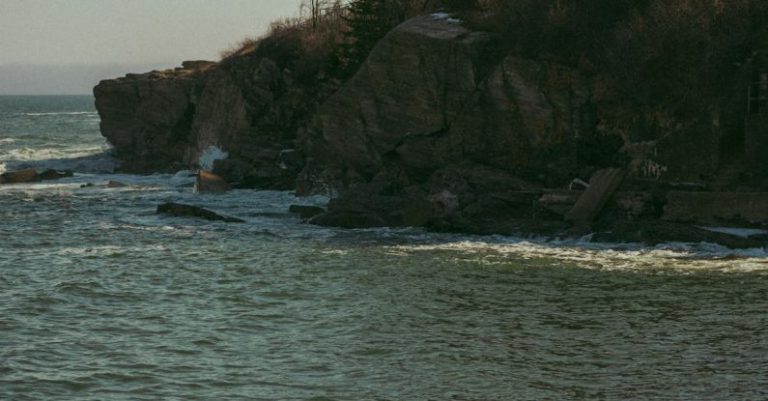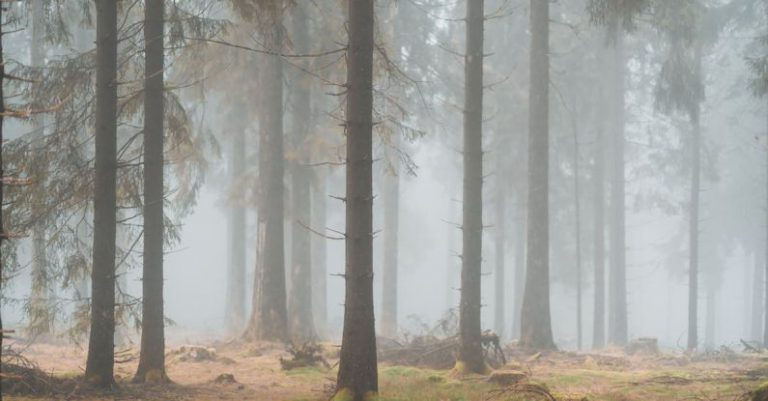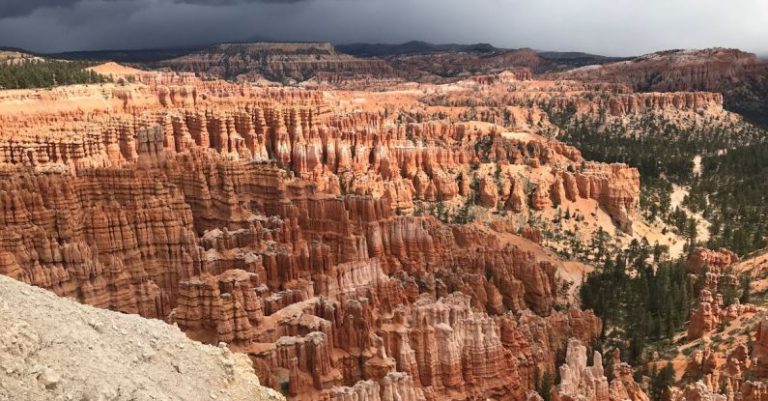
When heading out for a camping trip, one of the essential aspects to consider is food safety. Whether you are an experienced camper or a novice, ensuring that the food you bring along is safe to consume is crucial for a successful and enjoyable outdoor adventure. From proper storage to cooking techniques, here are some valuable tips on how to guarantee food safety while camping.
Choose the Right Cooler
Selecting the appropriate cooler is the first step in maintaining food safety during your camping trip. Opt for a high-quality cooler that provides efficient insulation to keep perishable items at the right temperature. Ensure that the cooler is clean before packing it with food and drinks. Use ice packs or blocks of ice to maintain the cold temperature inside the cooler, and pack raw meats separately to prevent cross-contamination.
Pack Non-Perishable Foods
When planning your camping menu, consider including non-perishable food items that do not require refrigeration. Items such as canned goods, dried fruits, nuts, and granola bars are convenient options that can withstand various temperatures. By incorporating non-perishable foods into your meal plan, you can minimize the risk of food spoilage and contamination while camping.
Practice Proper Food Handling
Proper food handling is essential to prevent foodborne illnesses while camping. Wash your hands thoroughly with soap and water before and after handling food. Use clean utensils and cutting boards to prepare meals, and avoid cross-contamination by keeping raw meats separate from ready-to-eat foods. Cook foods to their recommended internal temperatures to kill harmful bacteria and ensure safe consumption.
Cook Safely Over the Campfire
Cooking over an open flame is a classic camping experience, but it requires caution to ensure food safety. Use a food thermometer to check the internal temperature of meats and poultry to confirm they are cooked thoroughly. Avoid placing cooked food on surfaces that previously held raw ingredients to prevent contamination. Practice safe grilling techniques and keep perishable foods chilled until they are ready to be cooked to minimize the risk of foodborne illnesses.
Clean and Sanitize Utensils and Surfaces
Maintaining cleanliness in your camp kitchen is essential for food safety. Wash utensils, cutting boards, and cooking surfaces with hot, soapy water after each use to remove bacteria and prevent cross-contamination. Use sanitizing wipes or a diluted bleach solution to disinfect surfaces and utensils, especially when handling raw meats. Keeping your camp kitchen clean and sanitized is crucial for preventing foodborne illnesses while camping.
Store Food Properly
Proper storage of food is key to maintaining food safety during your camping trip. Keep perishable items refrigerated or chilled in a cooler with ice packs to prevent spoilage. Store dry goods in airtight containers to protect them from pests and moisture. Be mindful of food expiration dates and discard any items that show signs of spoilage or contamination. By storing food properly, you can ensure that your meals are safe to eat while camping.
Enjoy Safe and Delicious Meals Outdoors
By following these tips for ensuring food safety while camping, you can enjoy delicious meals without compromising your health. From choosing the right cooler to practicing proper food handling techniques, taking precautions to prevent foodborne illnesses is essential for a successful outdoor adventure. By prioritizing food safety, you can create lasting memories around the campfire with meals that are not only tasty but also safe to consume. Embrace the joys of outdoor cooking while keeping food safety a top priority during your camping excursions.





